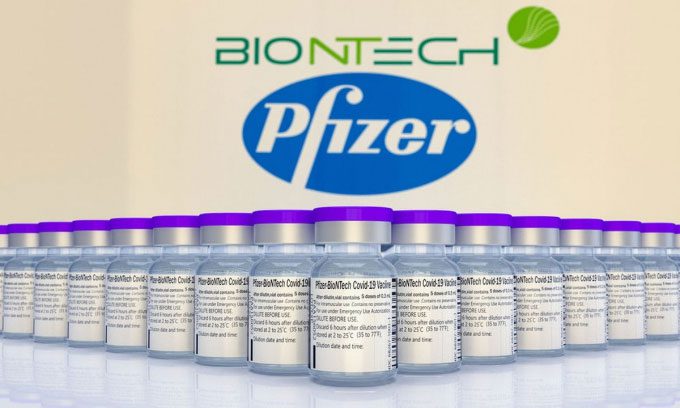In the weeks leading up to August 14, amid the dominance of the Delta variant of the SARS-CoV-2 virus causing Covid-19 in the United States since July, the effectiveness of the Pfizer and Moderna vaccines dropped to 66%.

As the Delta variant became dominant in the U.S. since July, the effectiveness of the Pfizer and Moderna vaccines dropped to 66%. (Source: Stock Adobe)
A comprehensive study conducted in the U.S. with healthcare workers, published on August 24, revealed that the effectiveness against infection of the mRNA vaccine for Covid-19 produced by Pfizer and Moderna decreased from 91% before the Delta variant spread significantly to 66% thereafter.
The Centers for Disease Control and Prevention (CDC) in the U.S. has been studying the real-world effectiveness of these two vaccines since they were first authorized for use among healthcare workers and other frontline personnel.
By comparing infection rates between vaccinated and unvaccinated individuals along with the monitoring period, the effectiveness against infection of the vaccine was assessed at around 91% during the initial study phase from December 14, 2020, to April 10, 2021.
However, in the weeks leading up to August 14, amidst the dominance of the Delta variant in the U.S. since July, the effectiveness dropped to 66%.
At this point, several studies have concluded that the effectiveness against infection of the vaccine has diminished against the Delta variant, although the specific decrease varies.
Nonetheless, a CDC study conducted with patients in New York showed that the level of protection from the vaccine against severe disease remains stable at over 90%.
Another CDC study in Los Angeles, published on August 24 and conducted from May 1 to July 25, indicated that unvaccinated individuals are over 29 times more likely to be hospitalized due to Covid-19 compared to those who have been vaccinated, corresponding to a protection rate of up to 97% from the vaccine.



















































